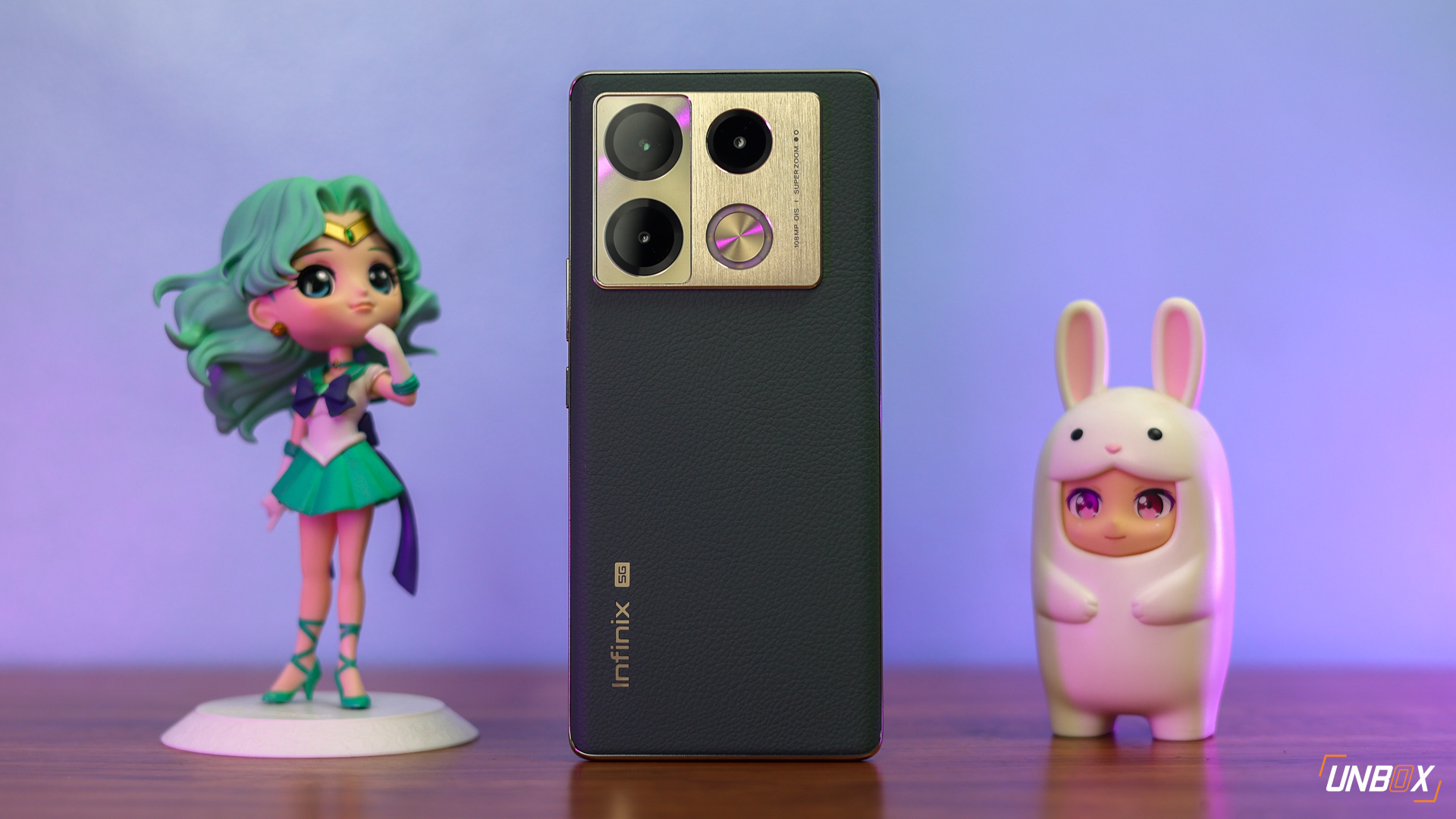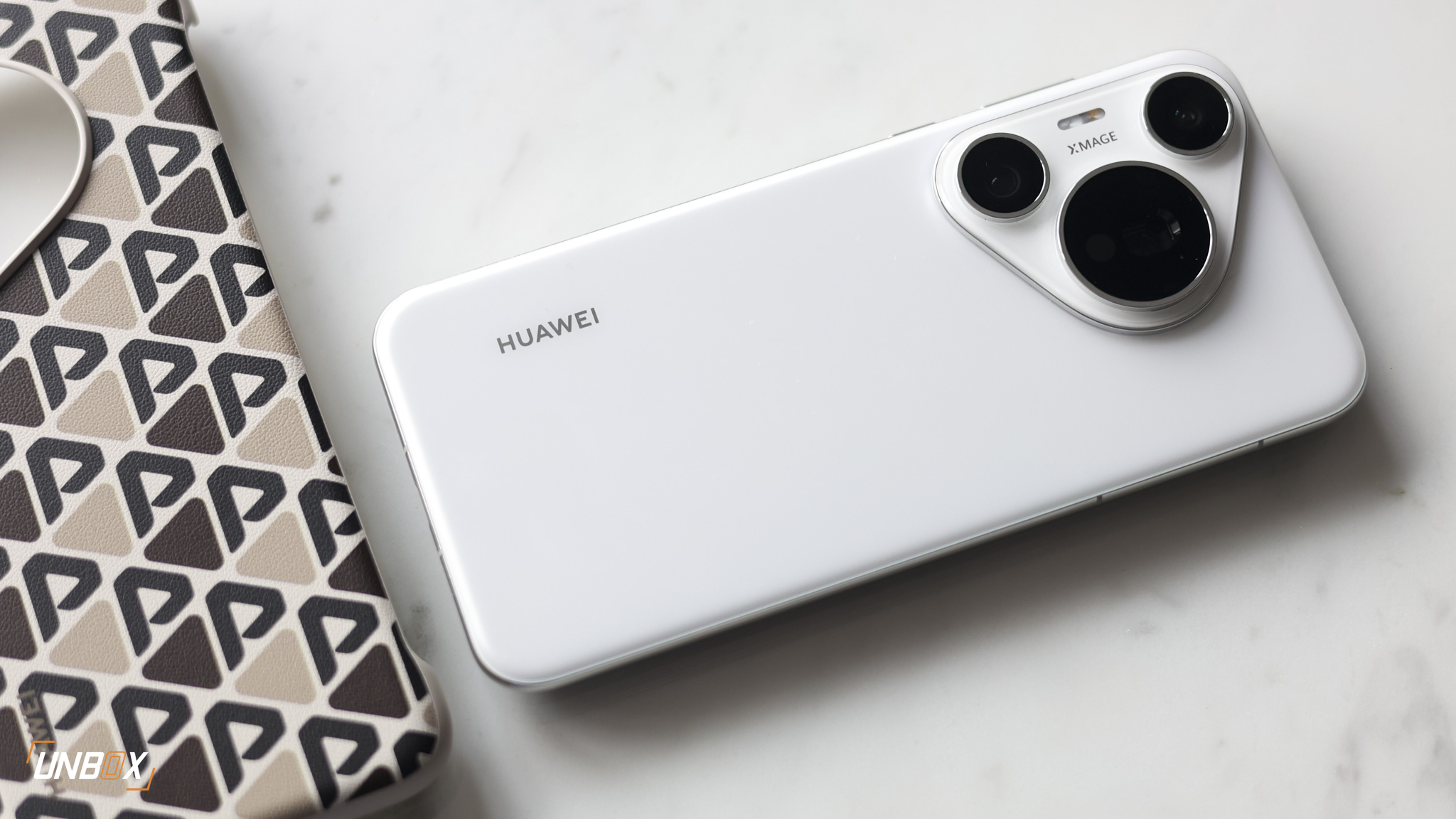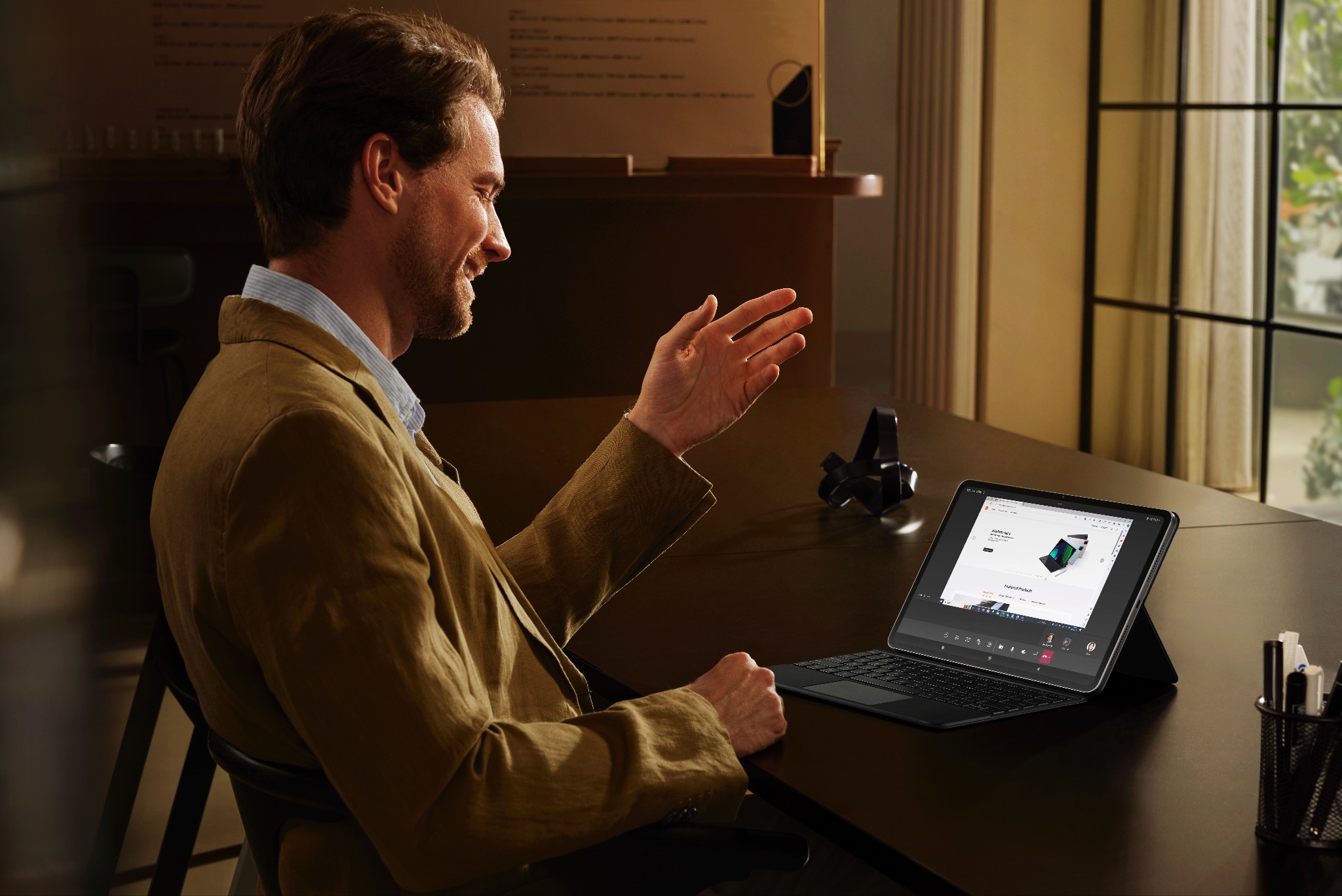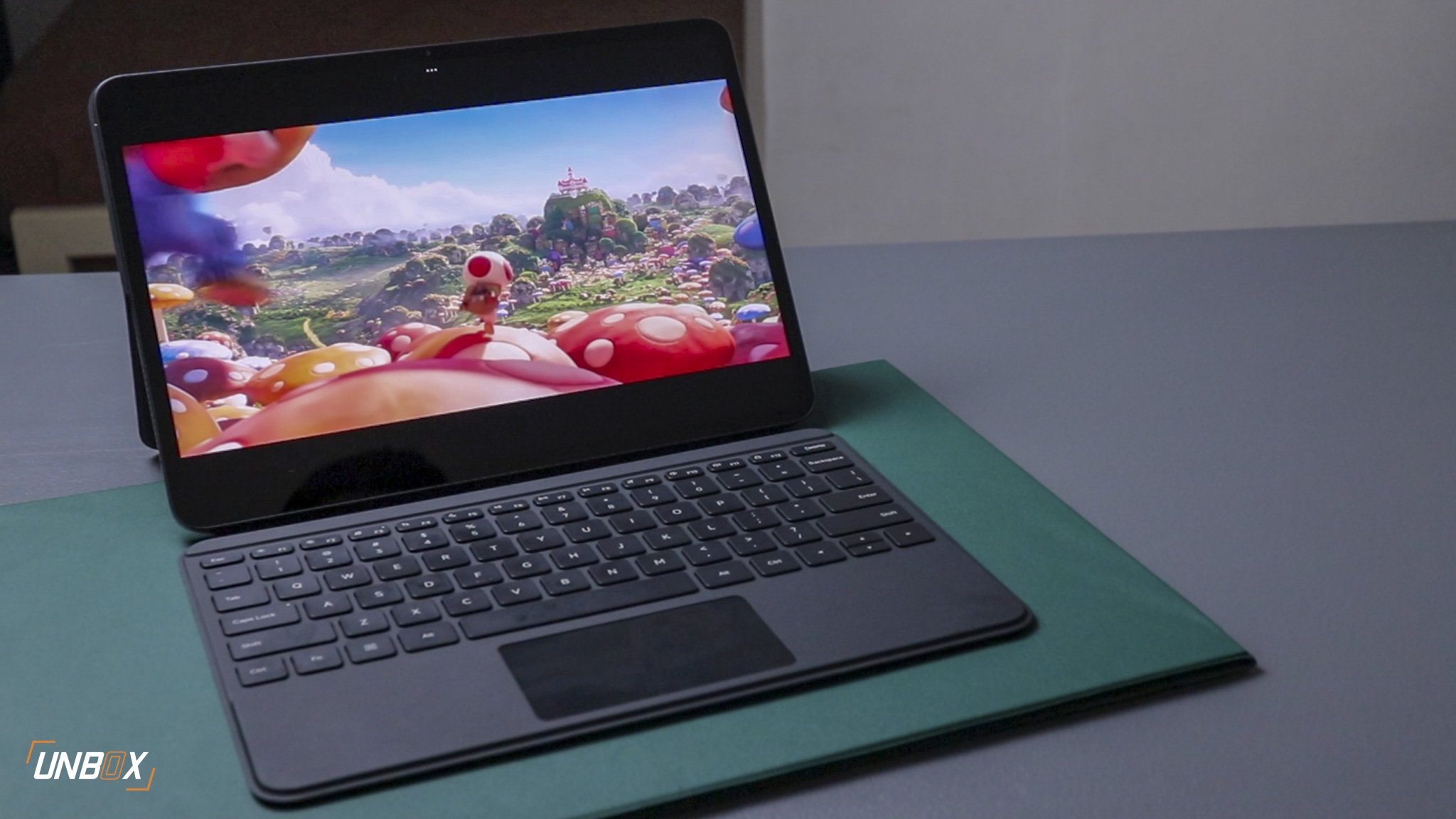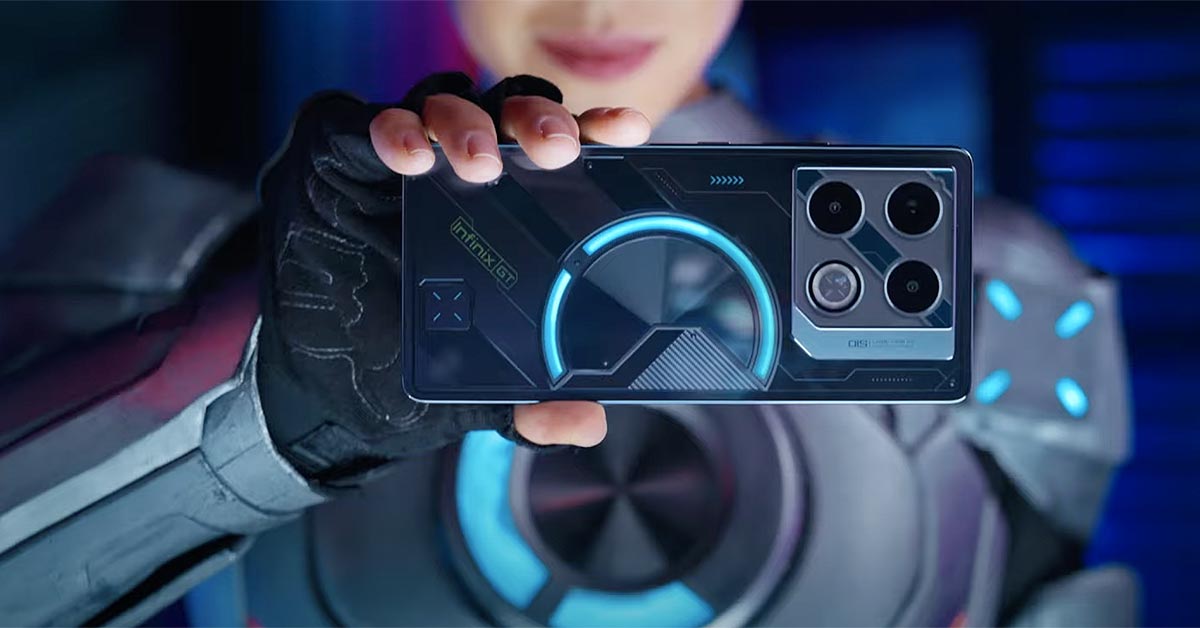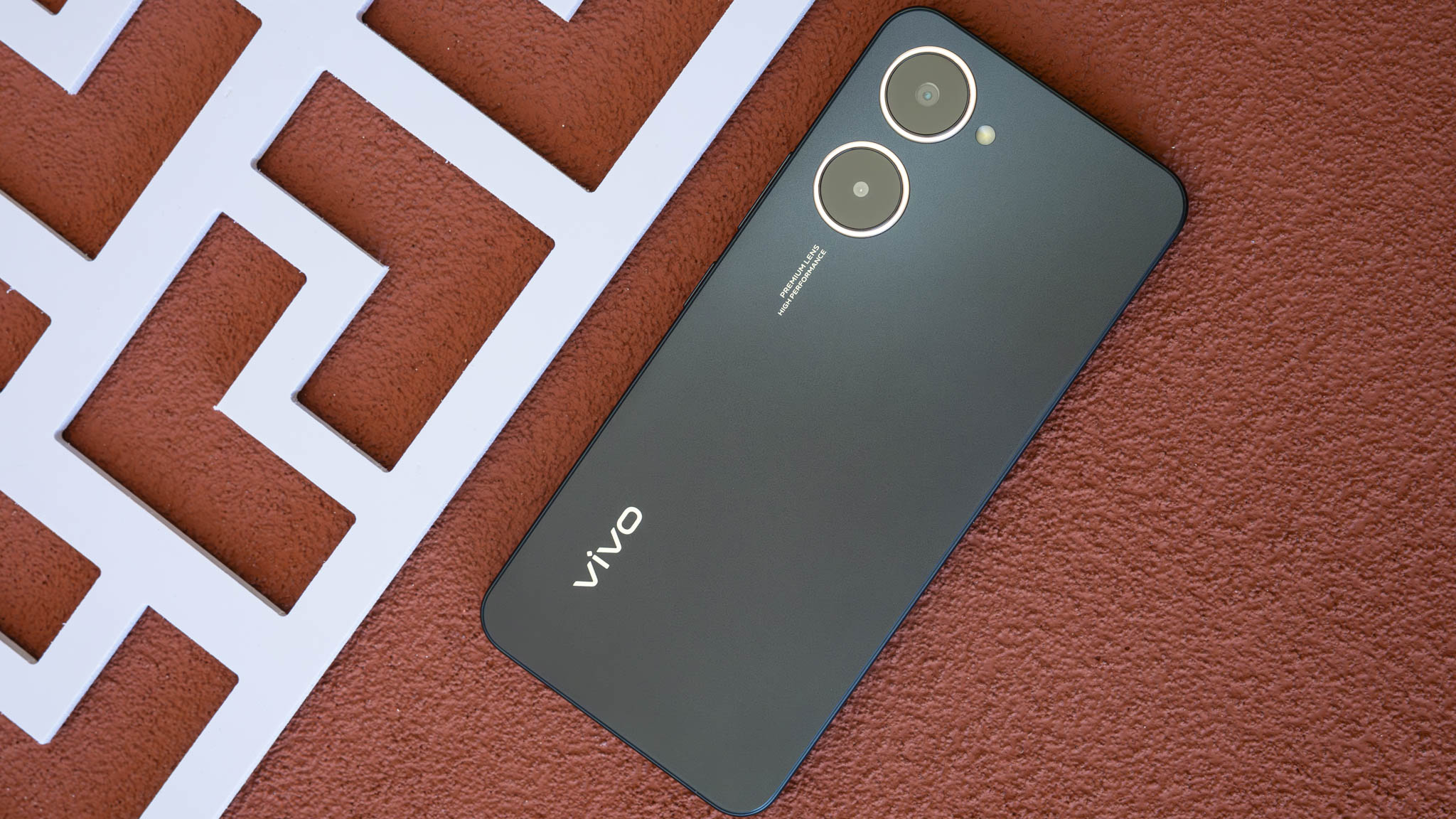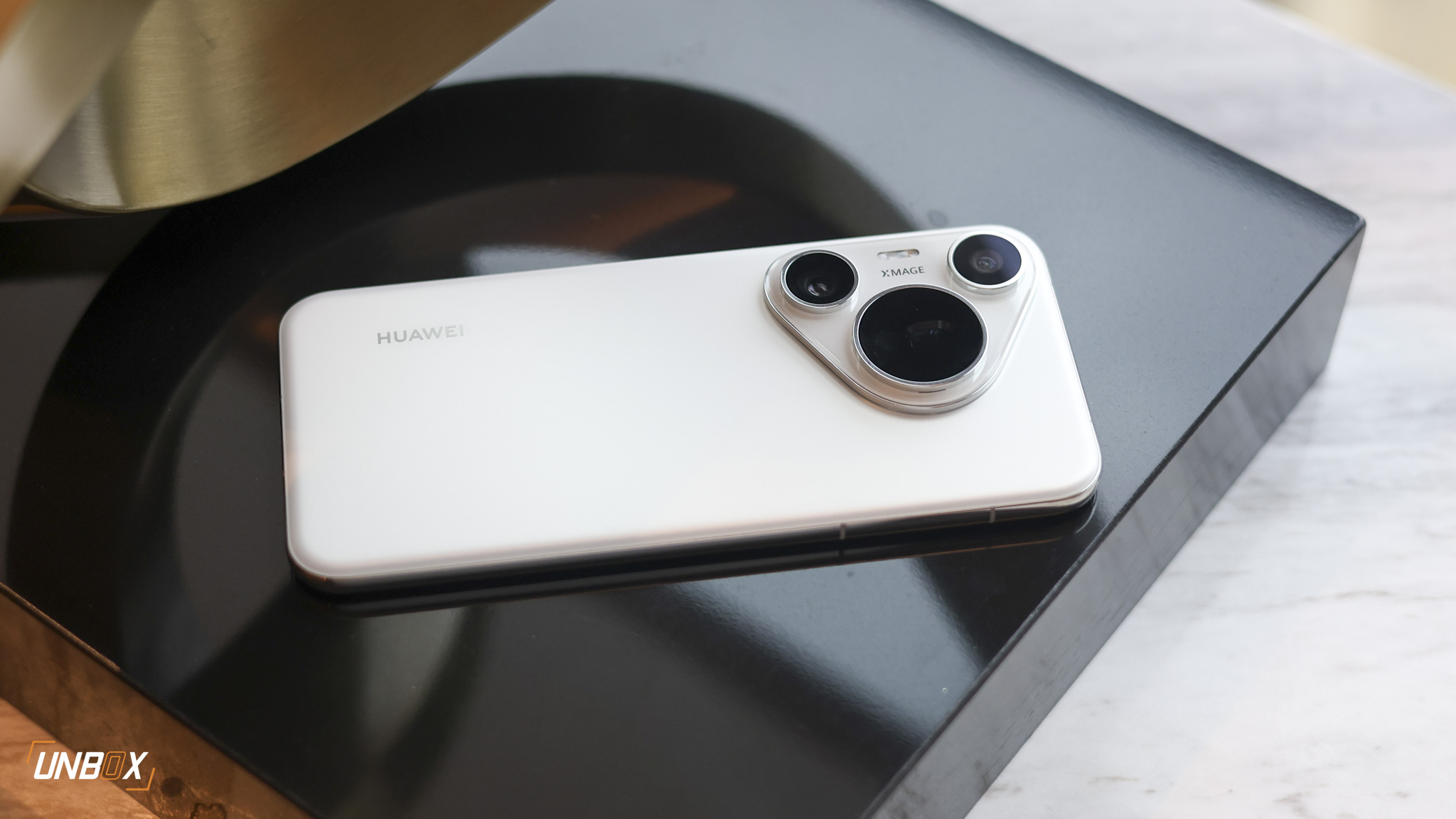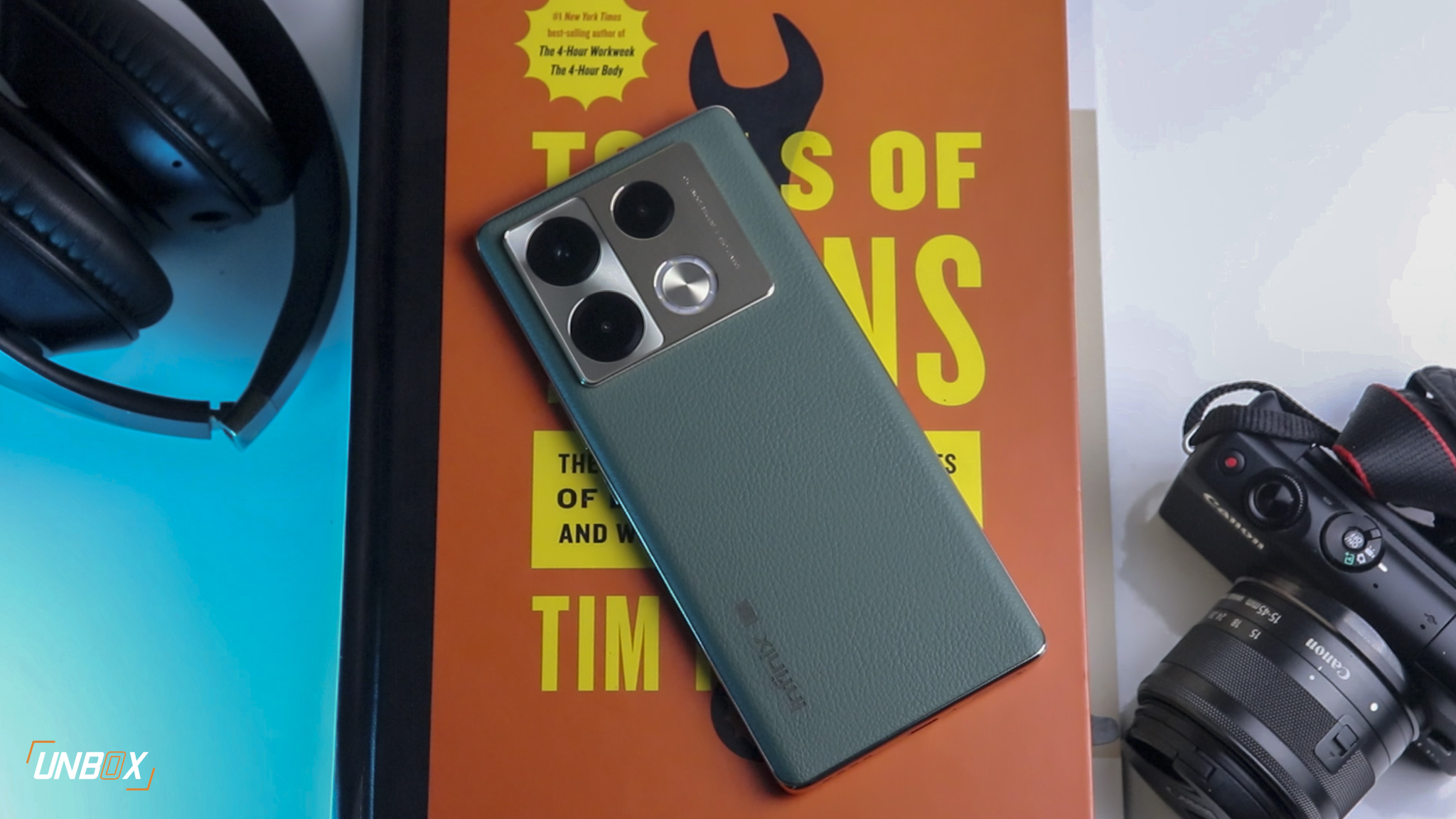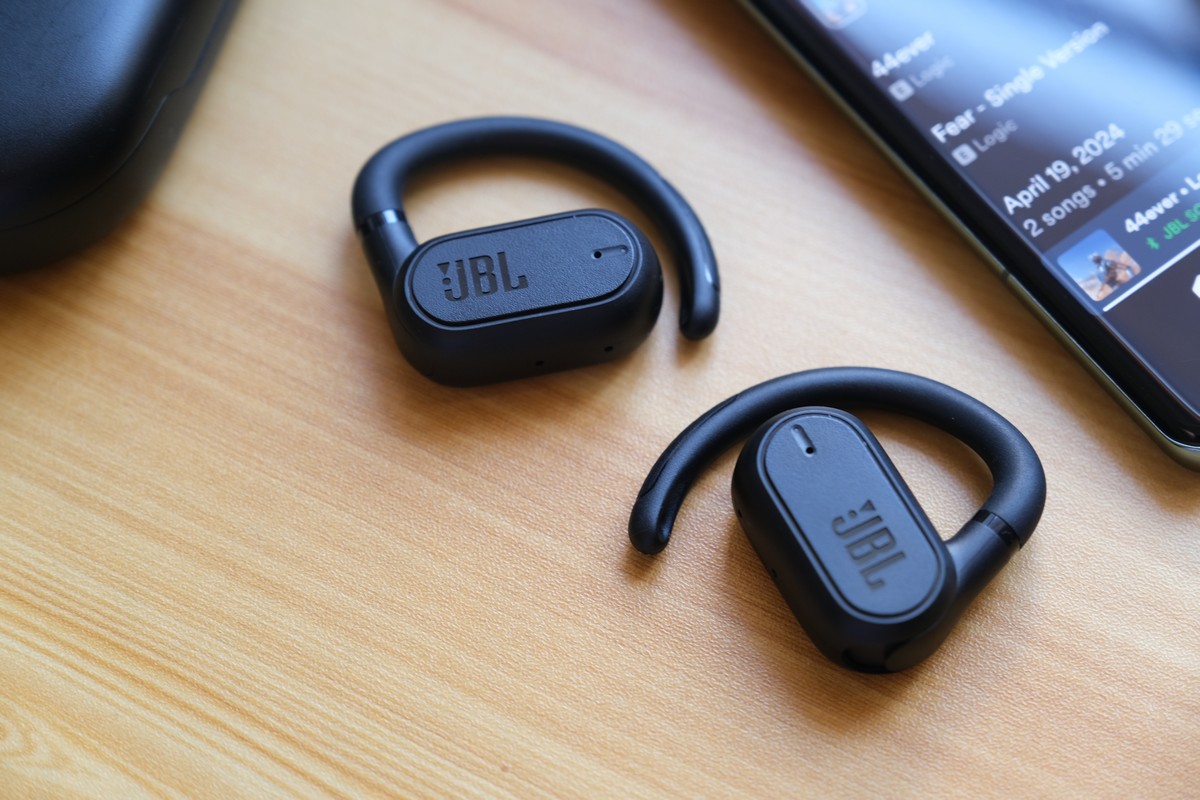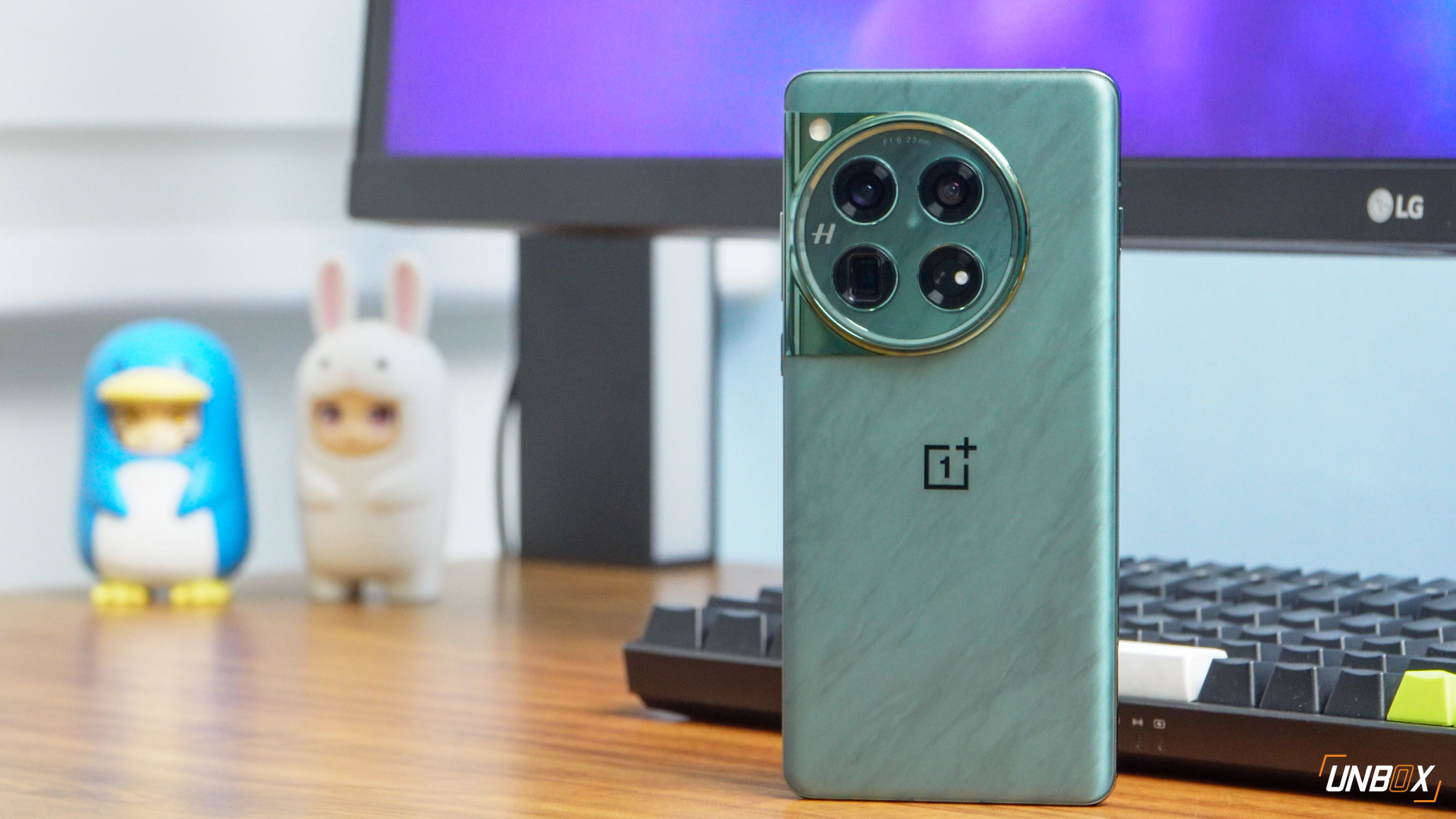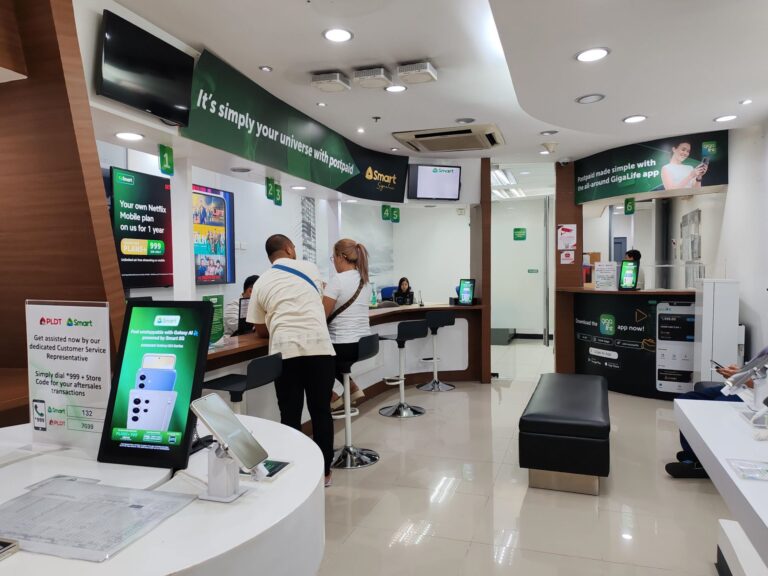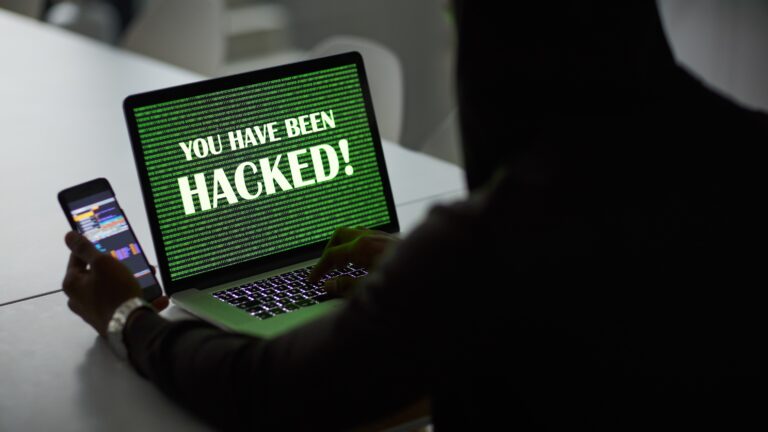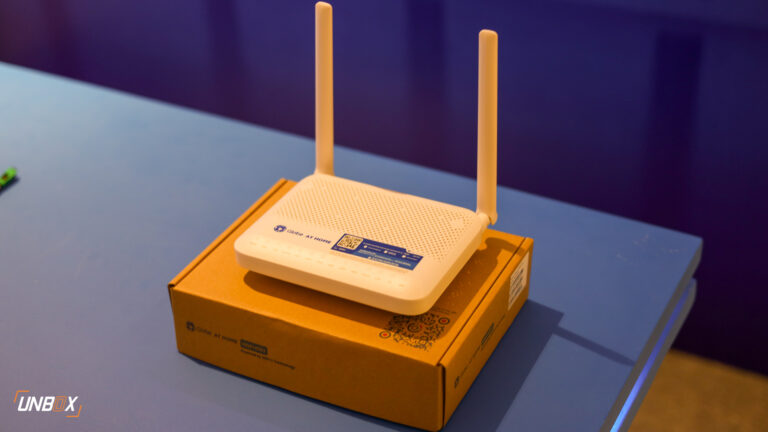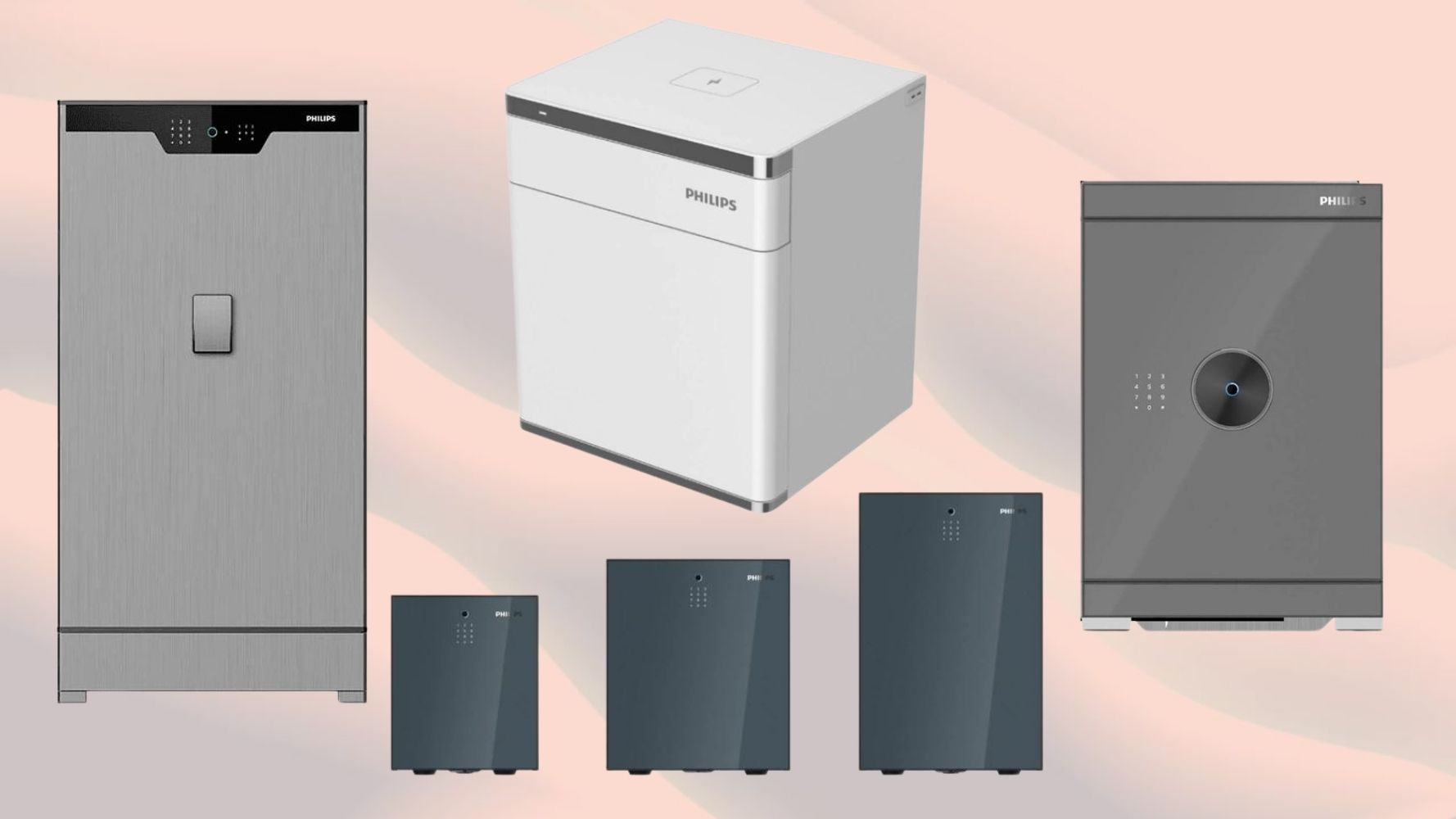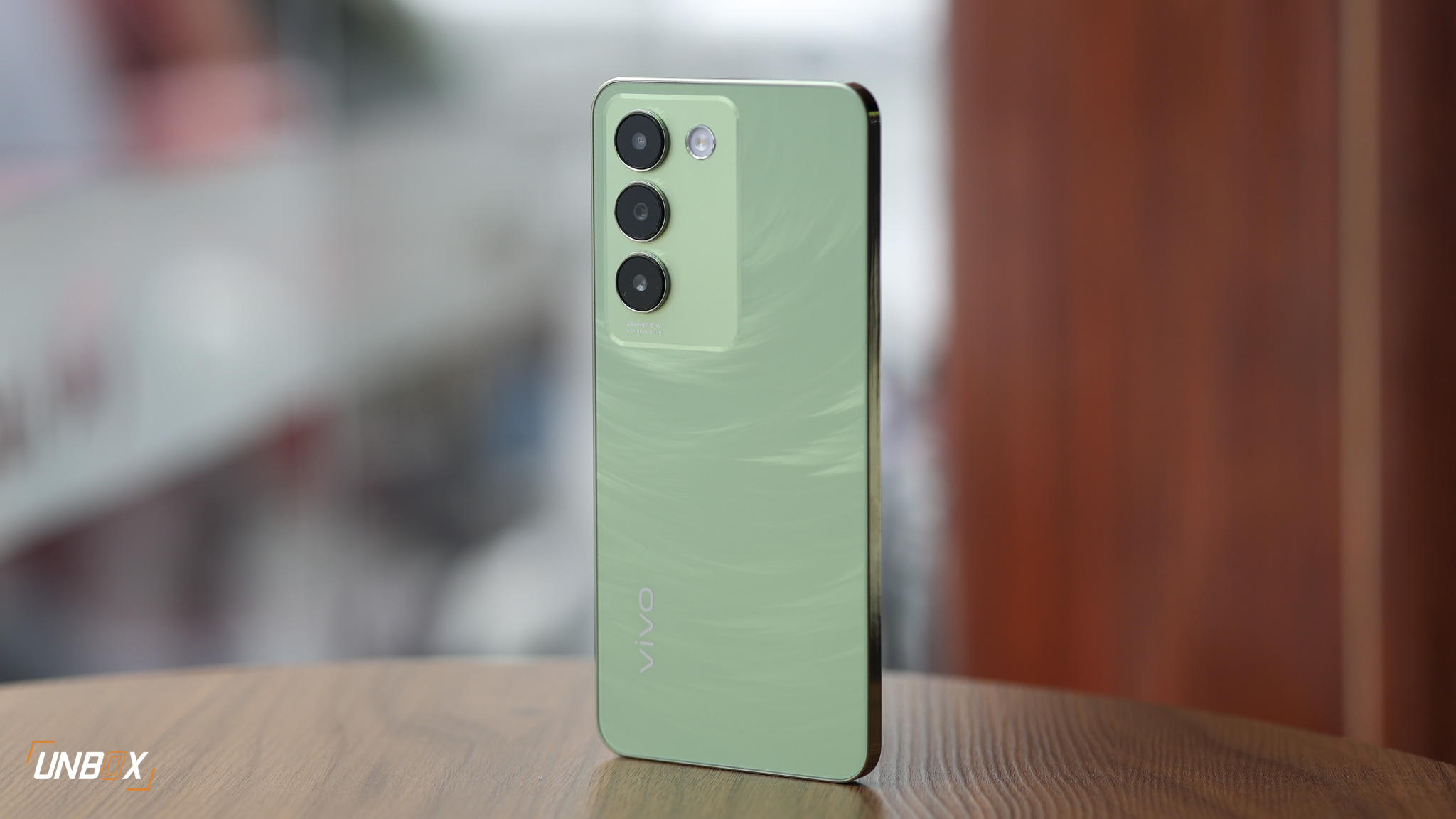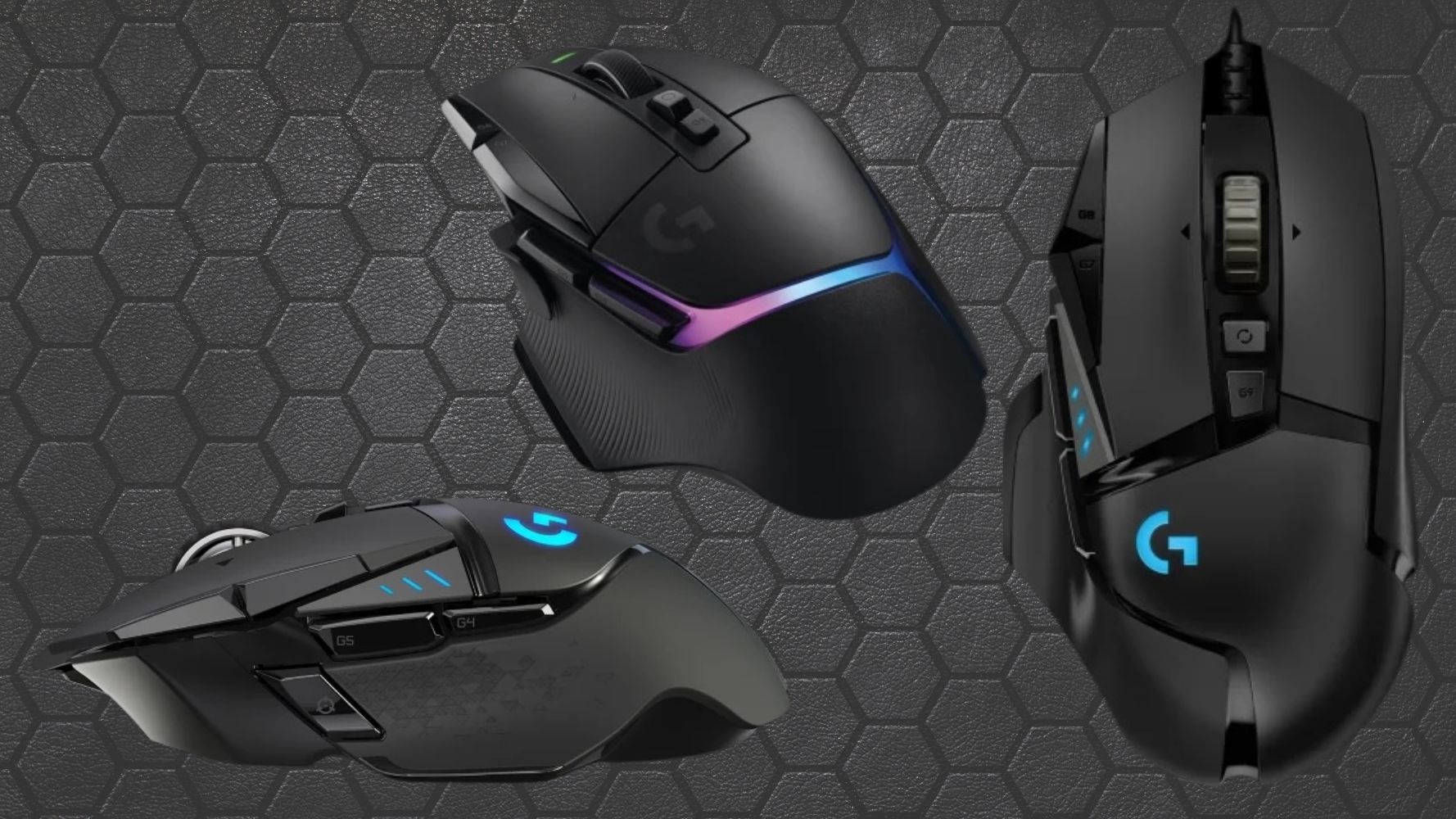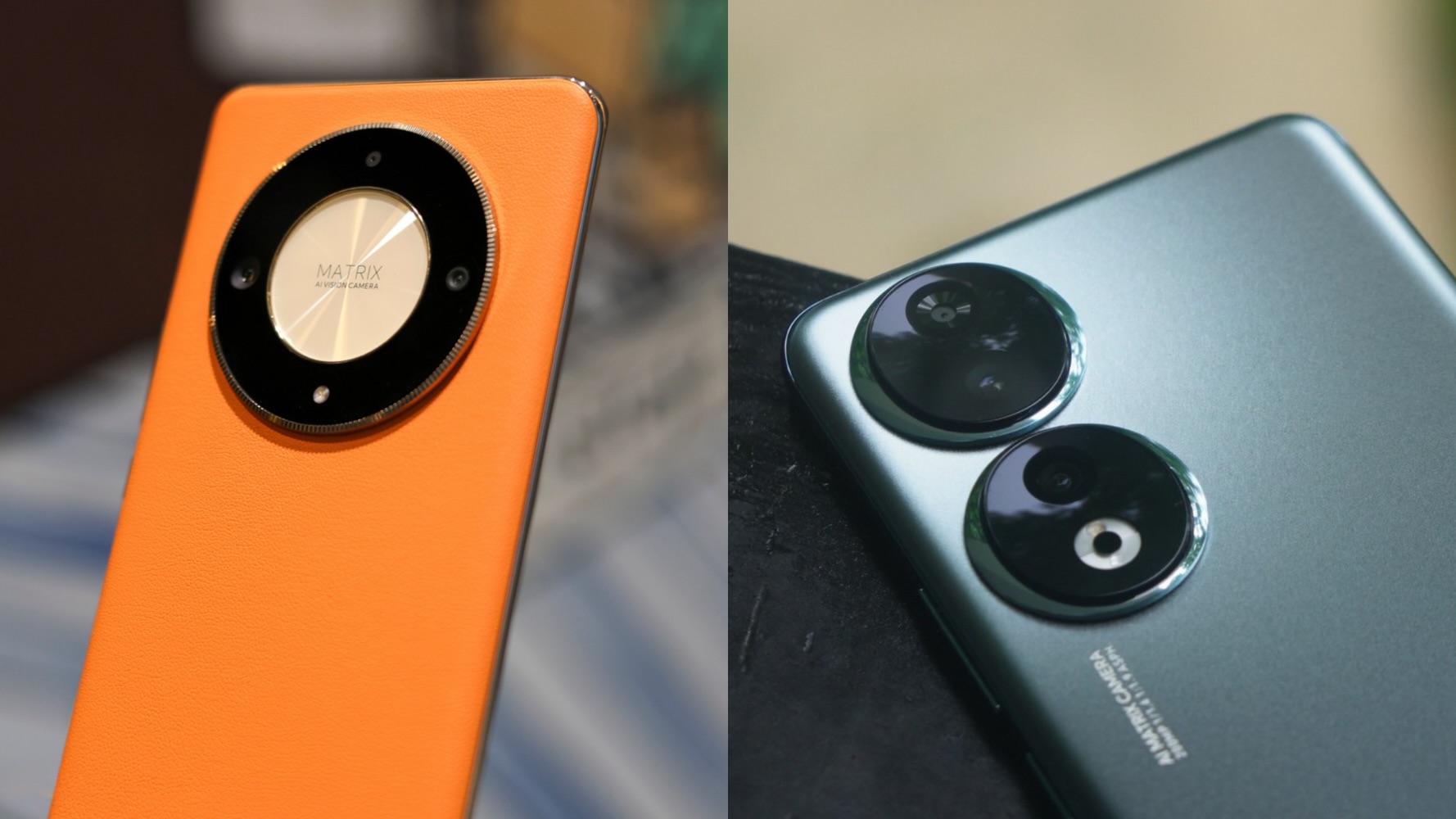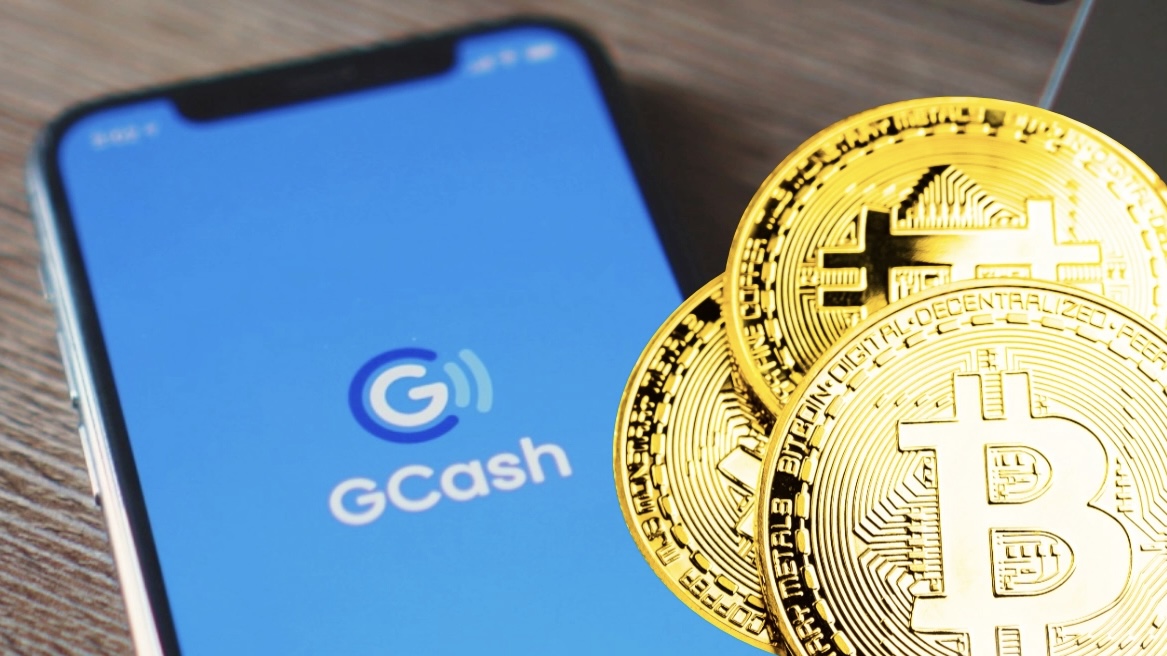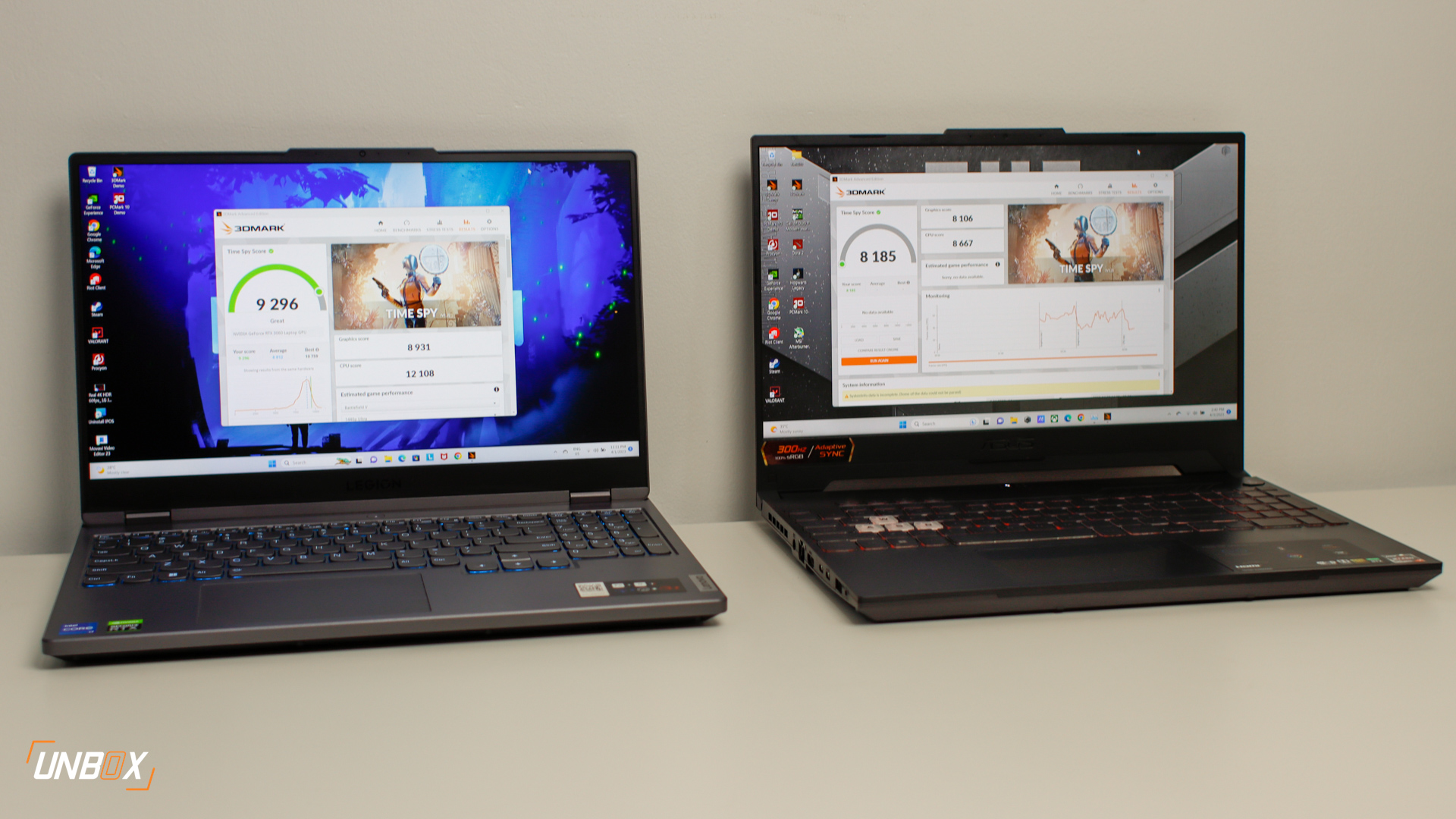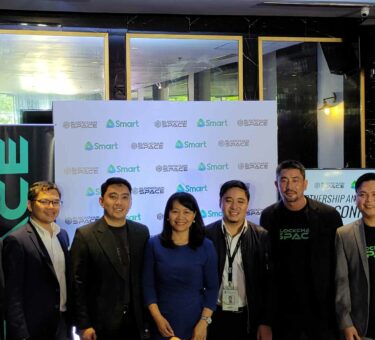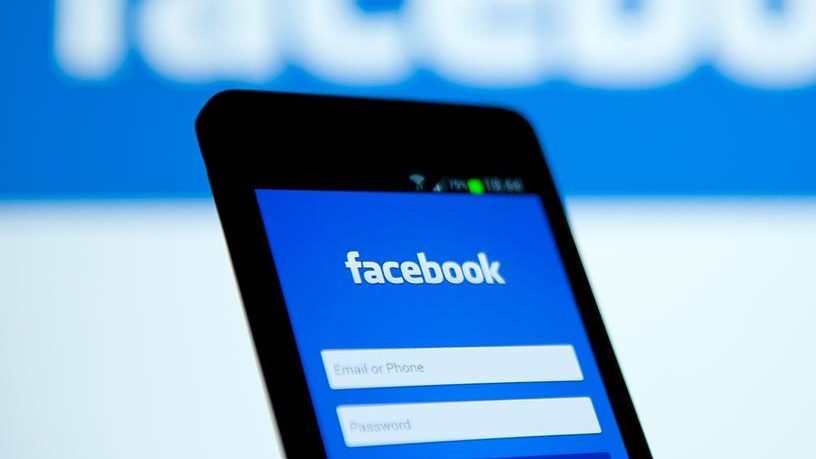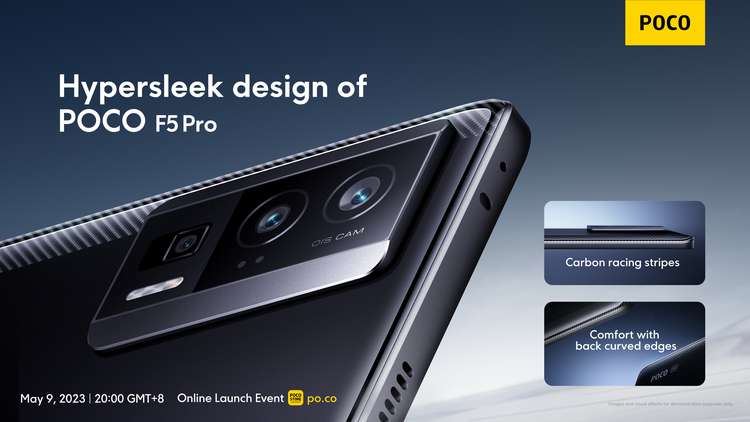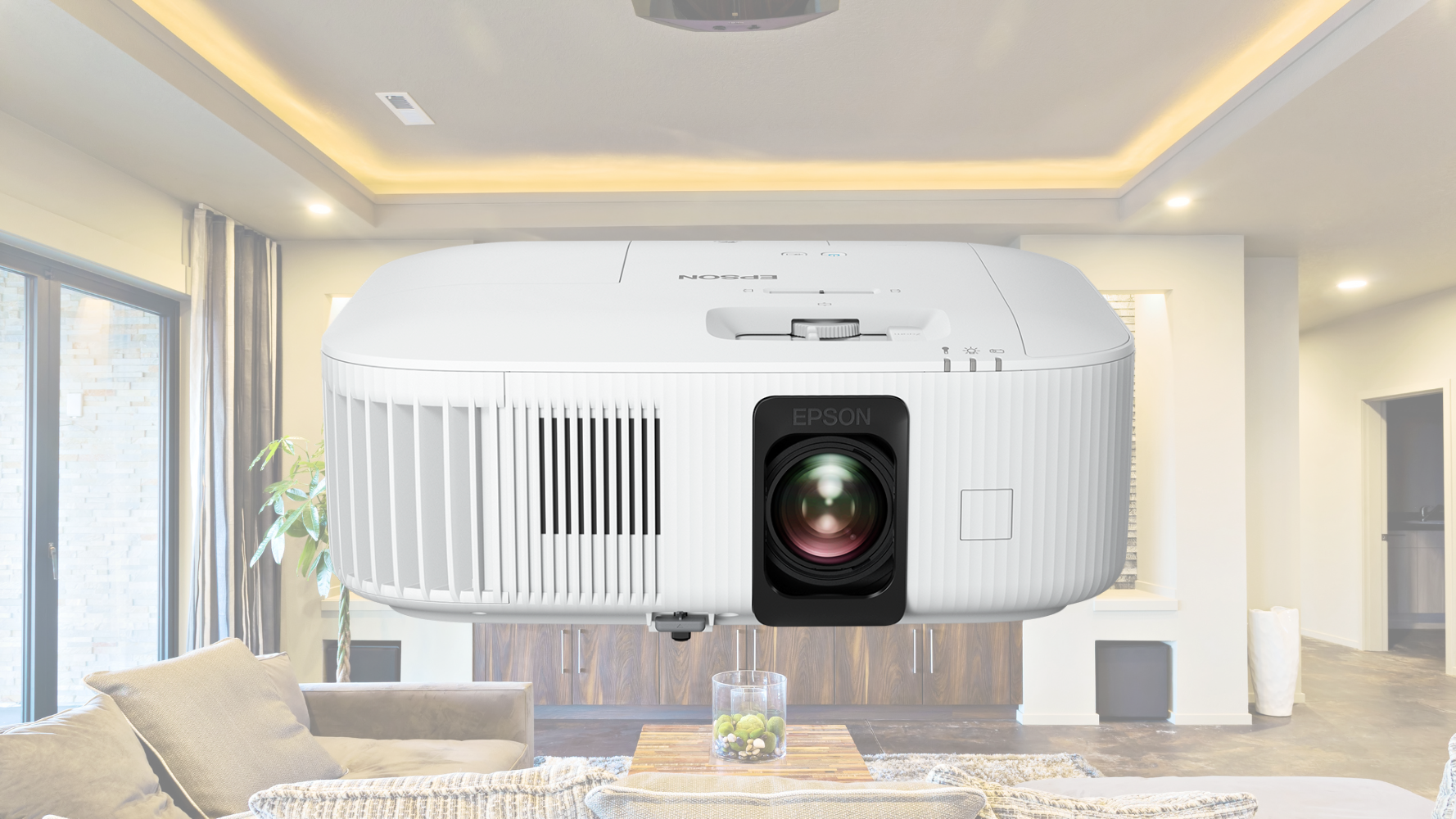In 2014, incoming Acer CEO Jason Chen faced an almost impossible task: turning around a company that had not turned a profit for three years. 2013 was particularly brutal for Acer, with the company posting the worst loss in its history. Simply breaking even would take a miracle, never mind posting a profit.
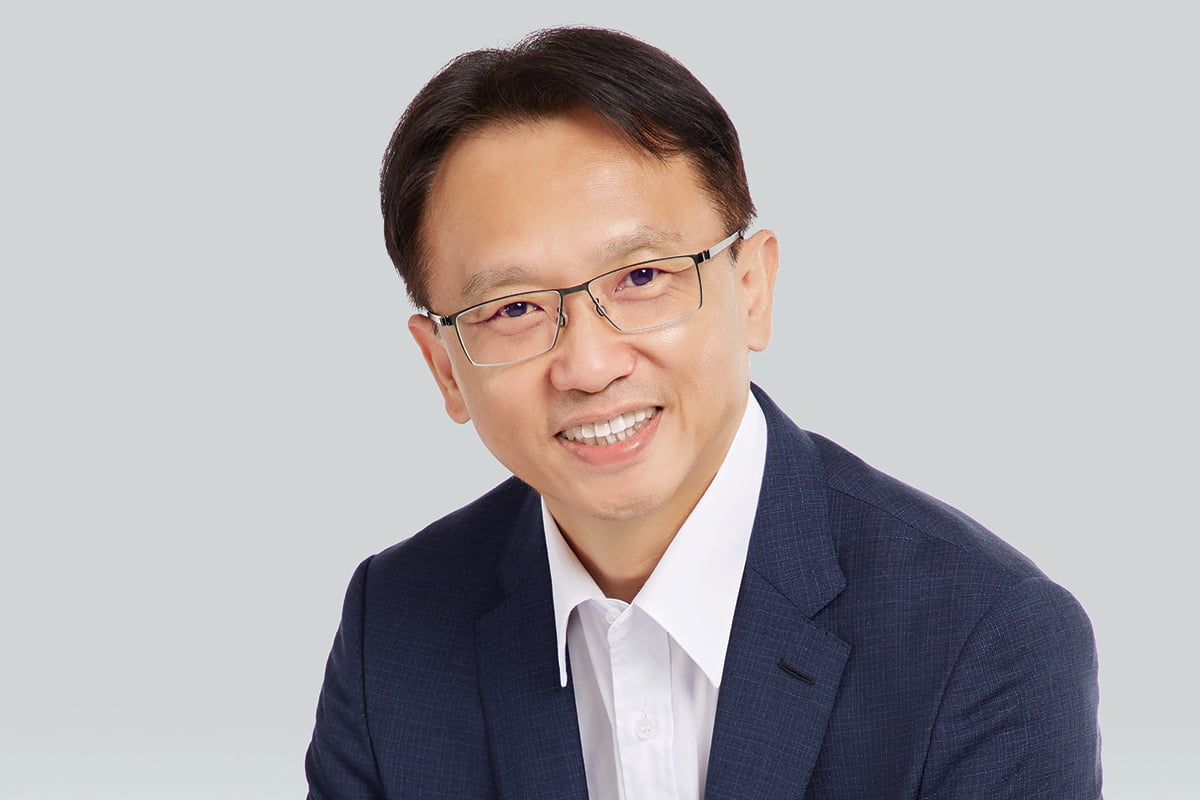
But against all odds, Acer turned a profit in 2014, reversing three years of the company being in the red, and setting the stage for the brand’s comeback in the PC market, a market that they currently dominate in the Philippines and many other countries.
His mindset at the time was simple: focus on the opportunities and the strength of the company, rather than the problems or issues.
“I decided to have the team focus on opportunities other than challenges and problems. Because even before I even started, I understood when a company is at a loss, there must be reasons. There must be challenges. There must be problems and issues. But if you continue to work on the issues, I was also pretty sure the issues are not that easy to be fixed and the issue being generated will be faster than the speed you are fixing the issues,” he said.
“And therefore, we decided to focus on opportunities, whether that’s sport, opportunity in creating technologies, using recycled materials, sustainability, and make them a truly profitable business. And it actually works. Give us strong confidence that opportunity over time can overshadow problems. When we grow, we run fast enough, the shadow will be always behind us. However, at any point in time, it turns to focus on the issues, the shadow of the problem can overtake it,” he added.
The perfect man for the job
It’s almost poetic then that Chen was at the helm of the company when the pandemic hit, and just like in 2014 when he started with Acer, he applied many of the same strategies that helped him turn Acer around, focusing on the company’s strengths and opportunities that they could capitalize on. As a result, Acer didn’t just survive the pandemic, it flourished, posting record high net income in 2021, which was the highest in 11 years. But the pandemic wasn’t without challenges – supply chain disruptions and the lack of inventory because of unprecedented demand, as well as market correction in the waning days of COVID were all issues that the company had to navigate.
“At the beginning of the pandemic, nobody knew what was going to happen. The first thing that happened was supply chain disruption. People need to work from home and they need to learn from home. They need computer devices to be able to do that. Very quickly we realized that because of lockdowns in different places and countries and cities, we’re not able to supply enough. It took us a few quarters to overcome that. And then inventory became another problem so we have to manage that properly by watching very carefully the macro economy index, whether it’s inflation, or consumer confidence, to make sure that our inventory management is properly controlled so that we don’t over inventory,” he said.
“Later, we had to deplete them at a loss. Until now, we have done it successfully, but in between we can create extra value for our shareholders, our customers, and our employees, and create opportunities for our employees. During this period in time, our market capitalization grew more than double. We have six more publicly listed company IPO, during that two-plus years,” he added.
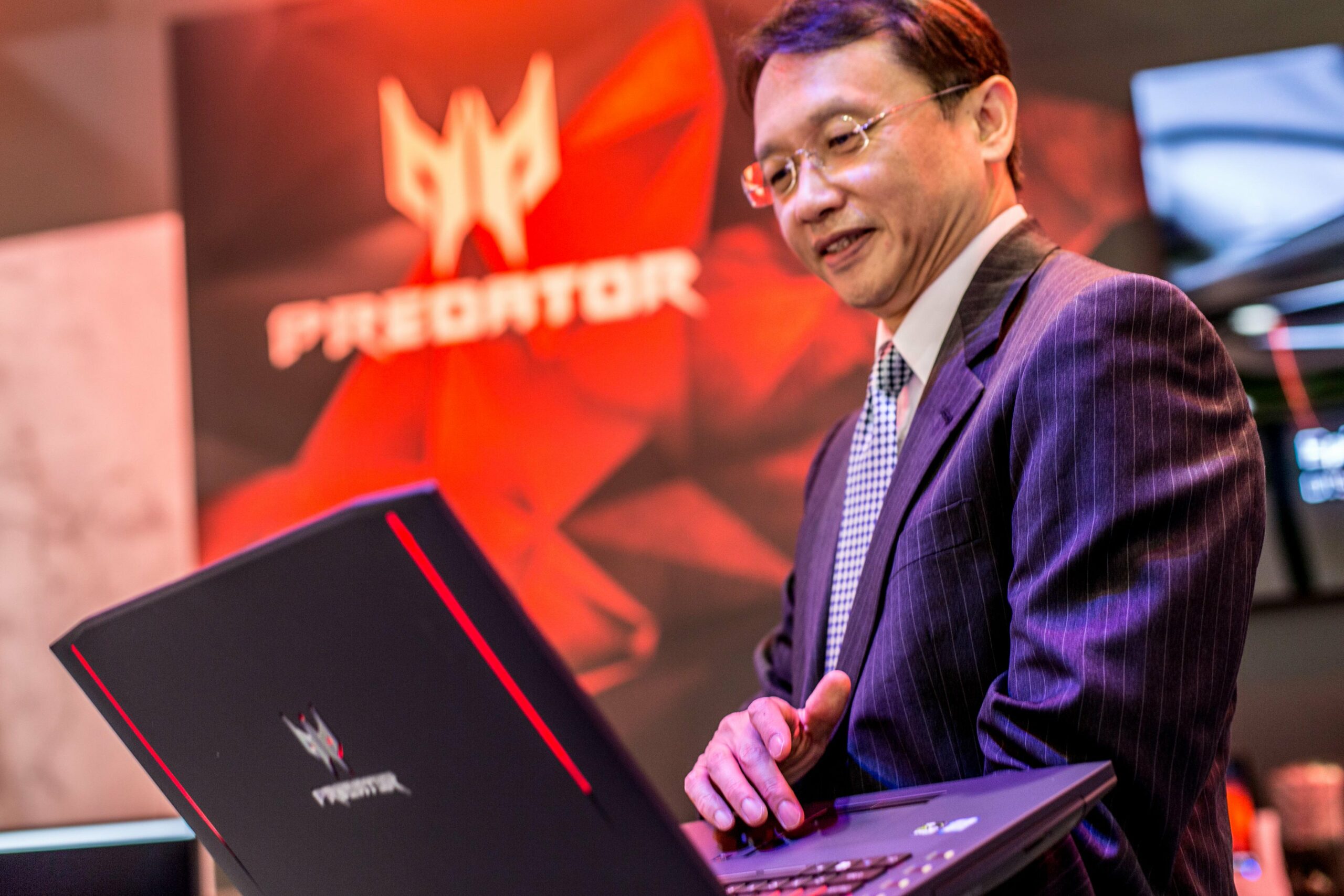
The green solution
The climate crisis is bringing forth new challenges that all businesses have to adapt to, Acer is no different. The company has already taken steps to achieve a green future, launching its Earthion Mission and the first Aspire Vero designed with Post Consumer Recycled (PCR) Plastics in 2021.
Acer’s sustainability goals are ambitious, to say the least, and Chen says the company is implementing a three-tiered system. First is environmental – the company wants to be fully RE100 (fully transitioned to renewable sources of energy) compliant by 2035, and completely net zero by 2050.
“And second level, we are working on business sustainability. For that, cybersecurity becomes very important. For that, we need multiple business engines, very critical, other than counting down one single business engine. And then number three is people’s health. So health care, and medicine, how do we come from a computer and computer science company to help people with their health conditions? And to prevent health conditions get worse, that will be the third level that we work on,” he says.
These sustainability efforts are great for the environment, but Chen also believes that they bring unique opportunities for Acer as well.
“We want to make ESG (Environmental, social, and governance) a business. And therefore, we start to look at how to come out with a product line that we can sell better and sell more by using recycled material to establish. And at the same time, we start to get into e-mobility, for instance, scooters and e-bikes. We start to get into smart solutions, smart medical, and smart cities. Those all help our sustainability. At the same time, create extra additional business for Acer Group. Then we also use that Opportunity to create career opportunities,” he says.
As I talked earlier, now we have 11 publicly listed companies in Taiwan, and we created 11 CEO positions, 11 CFO positions, and 11 General Counsel positions versus when we used to only have myself. The opportunity that we are talking about is actually substantial for our investors, our customers, as well as for our employees. I would say sustainability can be a great opportunity for customers, investors, as well as our employees. Win, win, win,” he concludes, smiling.
Security for all
Aside from Acer’s sustainability efforts, Chen has also been doing the rounds in ASEAN countries to promote Acer’s expertise in cybersecurity. Acer Cyber Security Inc. (ACSI) might not be a globally known brand, but the company has decades of experience under its belt and was the first Acer subsidiary to have its IPO listed in Taiwan back in 2001. It has an overwhelming market share in Taiwan, with its software used by banks, major financial institutions, and other mission-critical companies.
Chen and ACSI understand that the rapid digitalization of SMEs and SMBs during the pandemic has opened avenues of attack for hackers and other bad actors, and are offering a free-to-download, cybersecurity toolkit for companies to discover vulnerabilities in their system that they may have not noticed.
“We announced the cybersecurity toolkit available for SMBs to do a free download. For a couple of clicks, they can do weak-point scanning. They are MIS networks to identify malware and unused account IDs. Or any potential points could be compromised so that the SP owners and ID people are able. In many cases, they do not have IT people, but it’s quite difficult to bring up awareness and give a first-line defense to SMBs. That’s why we believe and that’s what we are here for,” he says.


